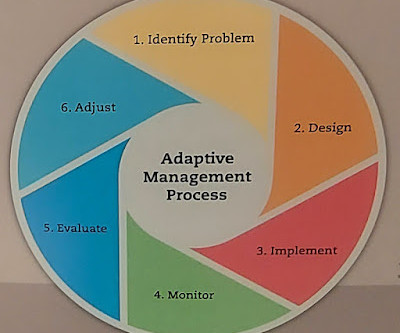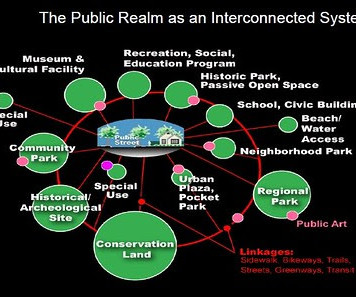The GSE Public-Private Hybrid Model Flunks Again: This Time It’s the Federal Home Loan Bank System (Part 2)
The Stoop (NYU Furman Center)
MARCH 11, 2024
Introduction The Federal Home Loan Bank (FHLB) System 1 is a relatively unknown but important part of America’s housing and financial system, with over $1 trillion in assets. 2 Those findings included information and analysis that validated many of the criticisms. Part 1 of this two-part paper describes this more fully.











Let's personalize your content